When the Texas heat ramps up, your air conditioner becomes your best friend. But what happens when it struggles to keep up? In Fort Worth, many homeowners face this frustrating problem during the hottest months. Understanding why your AC might have a hard time cooling your home can be crucial in finding a solution.
Several factors can contribute to your AC unit’s performance issues. From sweltering outdoor temperatures to older HVAC systems, various challenges can strain your cooling system. Ignoring these issues not only makes your home uncomfortable but can also lead to higher energy bills and more costly repairs down the line.
Fortunately, there are steps you can take to improve your AC’s efficiency and ensure a comfortable home. By learning what to watch for and when to call in professional help, you can keep your cooling system running smoothly all summer long.
Common Causes for AC Struggles in Fort Worth
In Fort Worth, the summer heat can be intense, and your AC system has to work hard to keep your home cool. Several factors could cause your AC to struggle, and understanding these can help you address issues before they worsen. One of the main reasons is high outdoor temperatures. When it’s extremely hot outside, your AC has to work longer to reach the desired indoor temperature, making it less efficient.
The age of your HVAC system can also play a big role. Older units tend to lose efficiency over time, leading to more frequent breakdowns or the inability to cool your home effectively. If your system is over 10-15 years old, it might be nearing the end of its lifespan.
Ductwork issues and poor insulation are other culprits. Leaky ducts can lead to significant energy loss, as cooled air escapes before reaching your living spaces. Similarly, inadequate insulation allows cooled air to seep out while letting warm air in. This makes your AC work harder to maintain the desired temperature.
Lastly, a lack of regular maintenance can contribute to your AC’s inefficiency. Without routine check-ups, small issues can become big problems. Dirty filters, clogged coils, and other maintenance neglects will decrease performance and increase energy costs. Addressing these common causes can help ensure your AC system runs smoothly throughout the Fort Worth summer.
Warning Signs of a Struggling AC
There are several warning signs to watch for that indicate your AC may be struggling. Recognizing these can help you take action before a minor problem turns into a costly repair. One of the first signs is unusual noises. If you hear banging, rattling, or hissing, it could mean loose parts or a possible refrigerant leak.
Inconsistent cooling is another indicator. If some rooms are cooler than others or it takes a long time to reach the set temperature, your AC might be having trouble distributing air effectively. This could be a sign of blocked vents or issues with the thermostat.
An increase in your energy bills is a big red flag. If your bills are higher than usual without an increase in usage, your AC might be working harder than necessary. Frequent cycling, where your system turns on and off repeatedly, can also indicate an efficiency problem.
Lastly, keep an eye out for refrigerant leaks. A leak can seriously impact your AC’s performance, leading to poor cooling and potential damage to the system. Look for puddles around the unit or ice buildup on the evaporator coils, which can suggest a refrigerant issue.
By staying alert to these signs, you can diagnose problems early and keep your AC running effectively, ensuring comfort during Fort Worth’s hottest months.
Strategies to Improve AC Performance
Improving your AC’s performance doesn’t have to be complicated. Regular maintenance routines are key to keeping your system running smoothly. Start by regularly cleaning and replacing air filters. Dirty filters can block airflow and reduce efficiency. Aim to change filters every one to three months, especially during peak cooling seasons.
Optimizing thermostat settings can also have a significant impact. Set your thermostat to a comfortable yet efficient temperature. Consider increasing the temperature a few degrees when you’re not home to save energy. Smart thermostats can automatically adjust settings for you, maximizing savings without sacrificing comfort.
Upgrading to an energy-efficient model may offer long-term benefits, including lower energy bills and improved cooling. Energy-efficient units use modern technology to perform better while consuming less electricity. If your system is over ten years old or struggling to keep up, it might be time to consider an upgrade.
Here are some quick tips:
– Seal Leaks: Inspect windows and doors for drafts and use weatherstripping to seal them.
– Keep Vents Open: Make sure vents and registers aren’t blocked by furniture or other objects.
– Schedule Annual Tune-Ups: Professional tune-ups can catch issues before they become costly repairs.
By following these strategies, you can enhance your AC’s efficiency and enjoy a cooler home environment.
When to Call for Professional Help
While many AC issues can be addressed with DIY fixes, some situations require a professional touch. If your AC is making unusual noises, not cooling effectively, or showing signs of refrigerant leaks, it’s time to call in the experts. These issues often indicate deeper problems that need specialized attention.
Professional inspections are crucial for identifying and solving complex issues. Technicians have the tools and expertise to check for hidden problems that could be impacting your system’s performance. By diagnosing accurately, they can provide solutions that restore your AC to its full potential.
It’s wise to schedule routine check-ups even if your AC seems to be working fine. Just like regular car maintenance, routine inspections can prevent future breakdowns and extend the life of your unit. A professional can clean internal components, check refrigerant levels, and ensure everything is running smoothly.
In summary, here’s when to seek professional help:
– Unusual Sounds: Loud clanking or hissing may indicate a need for repair.
– Warm Air Output: If your AC isn’t cooling, there might be a refrigerant or compressor issue.
– Frequent Cycling: Constant on-and-off cycles can strain the system and increase energy bills.
These signals suggest your AC needs more than a DIY check-up. So when you notice them, don’t hesitate to reach out for professional assistance.
Conclusion
Ensuring that your AC runs smoothly in Dallas requires understanding its needs and addressing them proactively. Regular maintenance can keep your system efficient, reduce energy costs, and extend its lifespan. From simple DIY tasks to knowing when professional service is required, every step you take contributes to better performance.
Texas weather can be unpredictable, placing heavy demands on your AC. By recognizing warning signs and acting promptly, you protect your home’s comfort and avoid inconvenient breakdowns. Using smart strategies and timely upgrades, you enhance your AC’s ability to keep the hot summer days at bay.
If you’re looking to maintain a cool indoor environment or resolve persistent AC issues, Spire Heating and Air Conditioning is here to help. Our Dallas AC repair team is dedicated to ensuring your home stays comfortable year-round. Contact us today for expert advice and service tailored to your needs.


